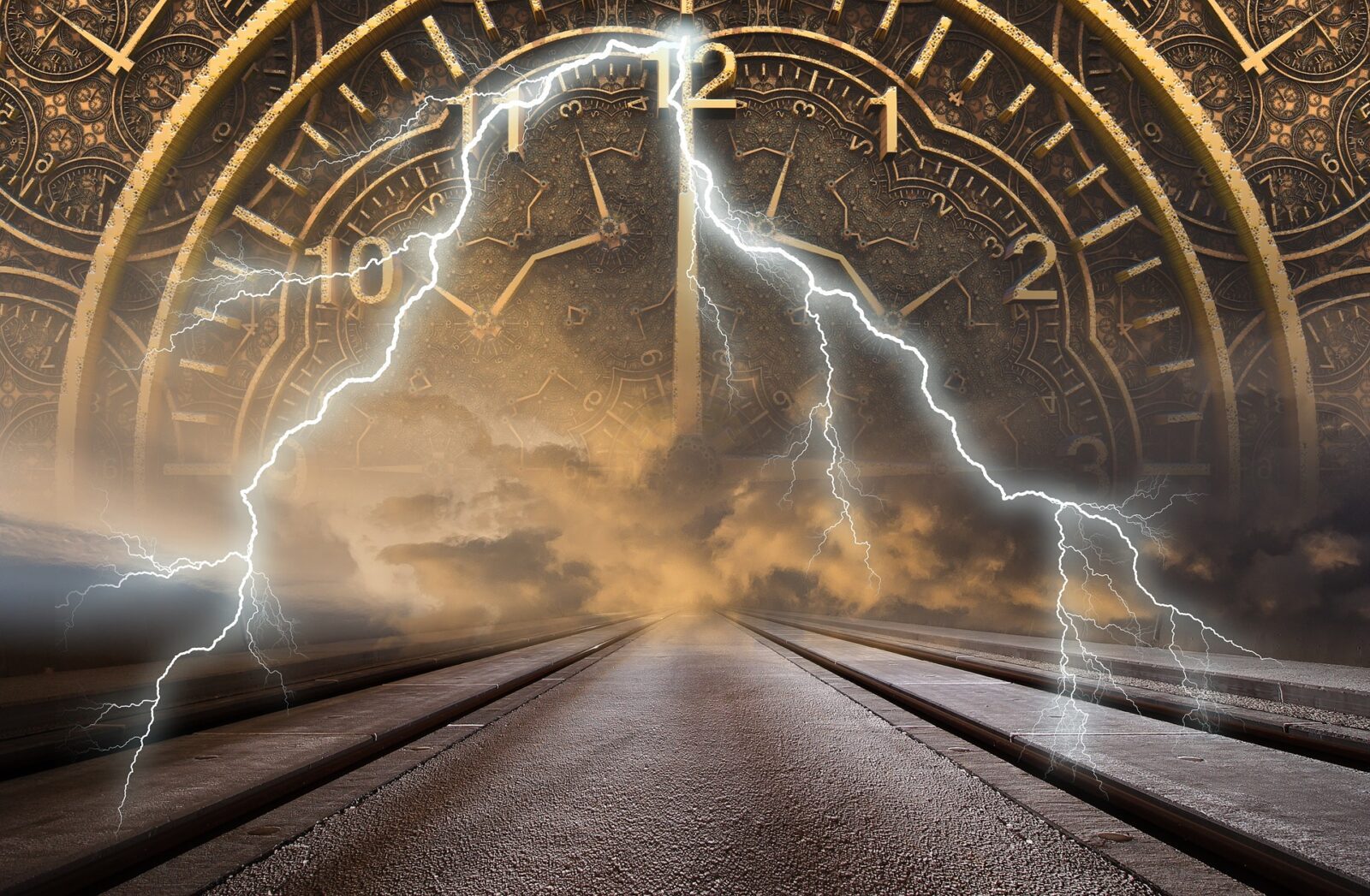Time travel has always been one of those “what if” scenarios that keeps science fiction fans and scientists alike wide-eyed at night. I mean, who wouldn’t want to hop in a DeLorean and rewrite history—or at least stop yourself from sending that embarrassing text? But, as movies like Back to the Future and The Terminator remind us, time travel comes with baggage, and not the kind you can check at an airport. Enter Germain Tobar, a physicist from the University of Queensland, who might have found a loophole to the infamous “grandfather paradox.”
The Grandfather Paradox: A Mind-Bending Problem
The “grandfather paradox” goes something like this: you travel back in time and prevent your grandparents from meeting. The problem? If they never meet, you’re never born. And if you’re never born, how did you go back in time to begin with? It’s the ultimate head-scratcher.
Tobar’s math, however, doesn’t just sidestep the paradox—it dropkicks it out of the equation. Essentially, his calculations suggest that space-time itself might “correct” any actions that could lead to a paradox. Think of it as the universe’s version of auto-correct, but instead of fixing your typos, it fixes time.
How It Works: Time Loops and Deterministic Dynamics
Tobar’s research dives deep into deterministic dynamics—a fancy way of saying that everything follows a predictable path, without randomness. His work focuses on “closed time-like curves,” which were first predicted by Einstein’s theory of general relativity. These curves allow events to loop back on themselves, theoretically making time travel possible.
Picture this: you go back in time to stop a major event—let’s say, to prevent a disease from spreading. According to Tobar, even if you succeed, the universe would “course-correct,” finding another way for that disease to emerge. The paradox? Avoided. The past would still unfold in a way that aligns with the future you came from.
So, Can We Build a Time Machine Yet?
Before you start packing for a trip to 1985, there’s a catch: this is all theoretical. Right now, time machines exist only in the realm of calculations and imagination. Scientists, including the legendary Stephen Hawking, have speculated about time travel, but we’re still far from bending space and time like a sci-fi movie.
Physicist Fabio Costa, Tobar’s supervisor, summed it up best: “Try as you might to create a paradox, the events will always adjust themselves to avoid any inconsistency.” In other words, the universe plays by its own rules, and it doesn’t like loopholes.
While the idea of paradox-free time travel sounds like something out of a blockbuster, the math checks out. For now, though, the closest we might get to time travel is rewatching old episodes of Doctor Who. But who knows? In the ever-strange world of physics, the impossible often has a funny way of becoming possible.












Leave a Reply